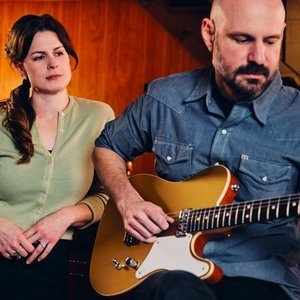
Ian Anderson of Jethro Tull may not be the first name that comes to mind when considering the greatest vocalists ever, but his vocal talents were ideally aligned with what the progressive rock band needed. In the late 1960s and ‘70s, their albums consistently displayed ambition, and his talent for crafting narratives in his lyrics alongside the intricate song arrangements created by him and the band contributed to Jethro Tull’s acclaim during this era.
In contrast to other artists in the genre who possessed a wider range, like Yes’s Jon Anderson or the harmonies created by the Shulman brothers Derek and Phil for Gentle Giant, Ian Anderson’s contribution to Jethro Tull was unique in how he allowed melodies to stand out as if they were their own instrument rather than merely a background element. Incorporating his flute playing, the band’s sound was distinctive, a quality that few other groups managed to achieve.
Nonetheless, just as guitar strings must be changed and an old piano can go out of tune, vocal cords are something every singer must strive to safeguard and maintain. If not cared for properly, it can result in lasting irreparable harm that hinders your ability to use them effectively ever again. Losing your voice as a lead singer is one of the most terrifying challenges that vocalists encounter, and they will make significant efforts to avoid it.
Regrettably, Anderson would later struggle to safeguard his voice during his career, and in 1984, he suffered vocal cord damage due to overuse and prolonged intense activity over the years. In a 2019 interview with The Arts Fuse, he discussed the steps he adopted to safeguard his voice and throat from that moment onward, as well as the challenges he encountered in his later years in trying to maintain his vocal skills.
“As I age, I need to put in effort to accomplish what I do,” he shared with the publication. “I need to train daily to stay in shape.” I’ve experienced bronchial infections, so I now use preventive medications to resist bacteria and viruses. I’m somewhat managing things on my own right now. “I’m in better condition now than I was four years back.”
He would subsequently explain how he stood apart from other singers regarding his delivery and how their vocal techniques have allowed them to be less careful with their voices. “Mick Jagger doesn’t genuinely sing.” He simply throws it out; he consistently sang well within his limits, but he doesn’t strain his voice. Certain individuals simply vocalize it, much like Bruce Springsteen. In what way did Anderson think he was different? “I possess challenging tunes to perform,” he stated to the publication.
Regarding Anderson’s all-time favorite vocalist, he too would sadly meet a similar fate and lose his voice due to excessive use. “Identical incident occurred with Lou Gramm, whom I consider the greatest rock vocalist of all time,” he remarked. The Foreigner lead singer is recognized for his impressive vocal projection, and in several of the band’s iconic songs, like ‘I Want To Know What Love Is’ and ‘Cold As Ice’, he genuinely showcases his powerful singing. Considering the significant stress he put on his vocals, it’s not surprising that they would decline. This might explain why Anderson holds Gramm’s vocals in such high regard, praising him as the finest in his profession.



